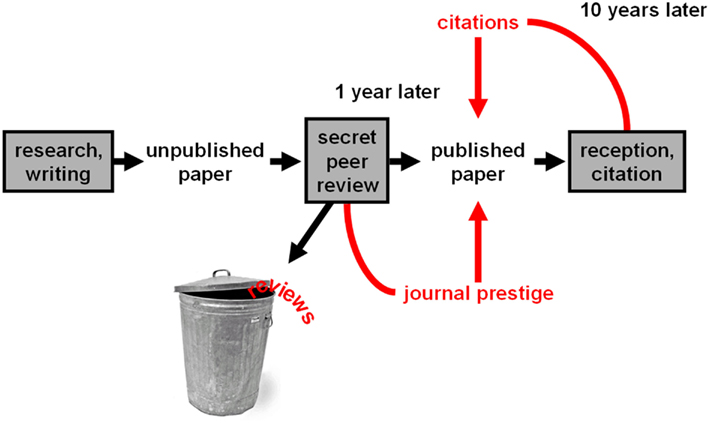Frontiers Retracts 122 Articles Amid Unethical Peer Review Network

In a significant move to uphold research integrity, the publisher Frontiers has announced the retraction of 122 articles across five of its journals. This decision follows an extensive investigation that revealed a network of authors and editors involved in what the publisher has termed 'unethical actions,' including manipulating citations and failing to disclose conflicts of interest in the peer review process. The retraction, which began on July 28, 2025, marks a pivotal moment in the ongoing struggle against academic misconduct in scientific publishing.
The investigation was initiated after a reader identified undisclosed conflicts of interest linked to a single paper. As Frontiers’ research integrity team delved deeper, they uncovered a sophisticated network of approximately 35 individuals who were potentially colluding across various journals, with over 4,000 articles identified as being linked to this network, according to a statement released by the publisher.
Dr. Sarah Johnson, a Professor of Ethics at Stanford University, commented on the implications of this situation, stating, "The integrity of the peer review process is crucial for maintaining trust in academic literature. Retractions such as these are necessary to restore that trust, although they also highlight the systemic issues within the publishing industry."
The articles being retracted span multiple disciplines, with the bulk from areas such as environmental science, psychology, and energy research. Specifically, the retraction list includes 53 articles from Frontiers in Psychology, 33 from Frontiers in Environmental Science, and 29 from Frontiers in Energy Research, most of which were published in 2022.
In an effort to prevent future occurrences of similar misconduct, Frontiers has announced enhancements to its manuscript review process. The publisher is implementing an artificial intelligence system designed to verify the integrity of reviewers and handling editors, particularly concerning their conflict of interest statements. This proactive approach is expected to improve the overall transparency and accountability of the peer review process.
Industry experts have emphasized the importance of such measures. Dr. Alan Thompson, Director of Research Integrity at the University of California, Berkeley, stated, "This incident underscores the need for robust systems in academic publishing. The introduction of AI in the review process could be a game-changer in identifying conflicts of interest and ensuring that all parties involved adhere to ethical standards."
While Frontiers’ actions have been met with some approval, skepticism remains regarding the broader implications for the academic publishing industry. Critics argue that the issue of paper mills—organizations that produce and sell academic papers—persists across many journals, not just those affiliated with Frontiers. Dr. Emily Carter, a researcher in academic publishing at the University of London, noted, "The challenge we face is not just with one publisher but within an entire system that often prioritizes speed and volume over rigor and integrity."
As the academic community continues to grapple with these challenges, the retraction of these 122 articles serves as a crucial reminder of the need for vigilance and ethical oversight in scientific publishing. The future of academic integrity may depend on the ability of publishers to implement effective reforms and foster a culture of accountability.
For now, as Frontiers prepares to share the details of its investigation and methodology with other publishers, the hope is that this initiative will inspire more rigorous standards across the industry, promoting a healthier scholarly environment in the long term.
Advertisement
Tags
Advertisement





